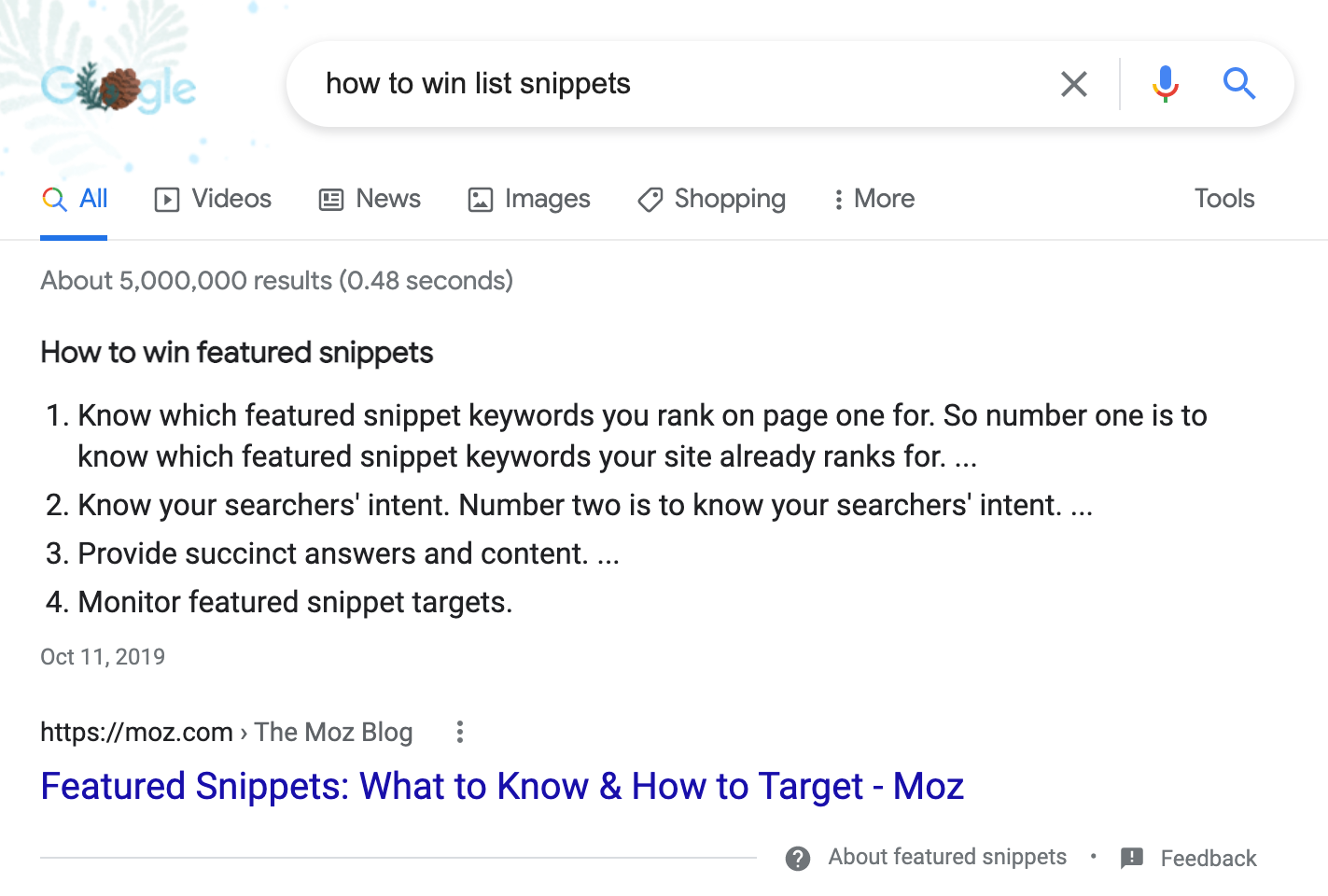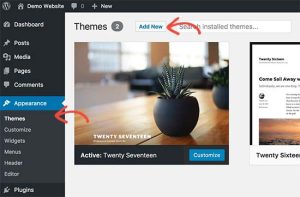Having the right keywords for your website can be a deciding factor in how successful it will become. Whether you’re creating content for SEO purposes or targeting specific audiences, having the right keyword is essential.
Knowing how to find the right keyword can be a daunting task, but with the right guidance and tools, you can quickly and easily find the best keywords for your website. In this article, we’ll discuss the steps and techniques you need to take to find ideal keywords for your website.
Step 1: Identify Objectives
When it comes to optimizing a website for maximum visibility, one of the most important steps is to identify objectives. Knowing what you want to achieve with your website is essential in order to determine appropriate keywords that will drive more traffic and conversions. This can include goals such as increasing brand awareness, improving customer engagement or generating more sales.
Before getting started on the keyword research process, it’s important to define specific objectives for your website so you have a clear direction when making decisions about keywords. Consider what actionable, measurable outcomes you’re hoping to achieve from using these keywords and start tracking your progress along the way. Once you have a better understanding of your desired outcomes, this will provide valuable insight into which keywords are best suited for driving results on your home website design.
Step 2: Brainstorm Keywords
When it comes to creating content for your website, it is important to ensure that you have the right keywords in place. Brainstorming keywords can be an effective way of generating ideas for topics that are relevant and engaging to your target audience. Here’s how you can brainstorm the perfect set of keywords for your website:
Start by talking to your customers and finding out what words they use when they search online. Use these words as a starting point when brainstorming keyword ideas, as they will most likely be used by other people too. Then, think about topics related to your business or industry and come up with keywords around those topics. Take into account common questions or problems that prospective customers may have and focus on those terms in particular, as this is what people are likely searching for when looking for solutions online.
Step 3: Analyze Competitors
Take a close look at your top competitors’ websites, including their landing pages, content and social media profiles. Analyze the words they are using to communicate with their target audience and note any phrases or terms that stand out to you. Also, consider analyzing the search engine optimization (SEO) efforts of these competitors – what specific keywords do they use? Are there any particular trends or approaches that seem to be working well?
By spending some time looking closely at what others in your space are doing, you’ll get an idea of how best to market yourself while staying competitive within the industry.
Step 4: Use Tools & Resources
Using keyword research tools like Google Adwords Keyword Planner or Moz’s Keyword Explorer will help you find relevant variations of your existing keywords in order to optimize your website content. These tools will also show you the average monthly search volume so that you can determine which of your identified keywords are the most valuable for achieving the desired results.
Additionally, take advantage of other free resources such as forums, blogs, industry news sites and competitor websites to identify new keyword opportunities. Be sure to pay attention to what topics are trending within your industry in order to uncover any potential new words or phrases that may be used by people searching for products or services related to yours.
Step 5: Group Keywords
This process is to group these keywords into relevant categories. This provides structure and organization to your website’s content, helping search engines connect with the right audience.
When grouping keywords, you should think about how they relate to each other and what kind of topics they can be combined into. For example, if you have multiple keywords related to a certain topic such as “home automation” or “smart home technology”, then you could group them together under a single heading like ‘digital home solutions’.
Conclusion
The conclusion to the article “How to Find Keywords for Websites” is that by following the steps outlined, you can easily find the ideal keyword or phrase for your website. First, review your website and determine what message or purpose it serves.
Once you have a general idea of what your website is about, use tools such as Google Suggest and Wordtracker to research popular search terms related to your topic. From there, select keywords that are relevant and likely to get frequent searches from potential visitors. Finally, use analytics tools such as Google Analytics or Kissmetrics to keep track of how well those keywords are working for you.
With these tips in mind, finding effective keywords for websites should be a straightforward process.










Great article and right to the point. I am not sure if this
is really the best place to ask but do you
people have any ideea where to employ some professional writers?
Thanks in advance 🙂 Escape rooms hub
I like this web blog very much, Its a really nice place to read and receive
info.!
After I originally commented I appear to have clicked the -Notify me when new comments are added- checkbox and from now on every time a comment is added I receive 4 emails with the same comment. Is there a means you can remove me from that service? Thanks.
When I originally left a comment I seem to have clicked the -Notify me when new comments are added- checkbox and now every time a comment is added I receive four emails with the same comment. Is there a means you are able to remove me from that service? Thank you.
Greetings! Very useful advice within this post! It is the little changes that produce the biggest changes. Many thanks for sharing!
Howdy! This article couldn’t be written much better! Reading through this article reminds me of my previous roommate! He constantly kept talking about this. I’ll send this information to him. Fairly certain he will have a great read. Many thanks for sharing!